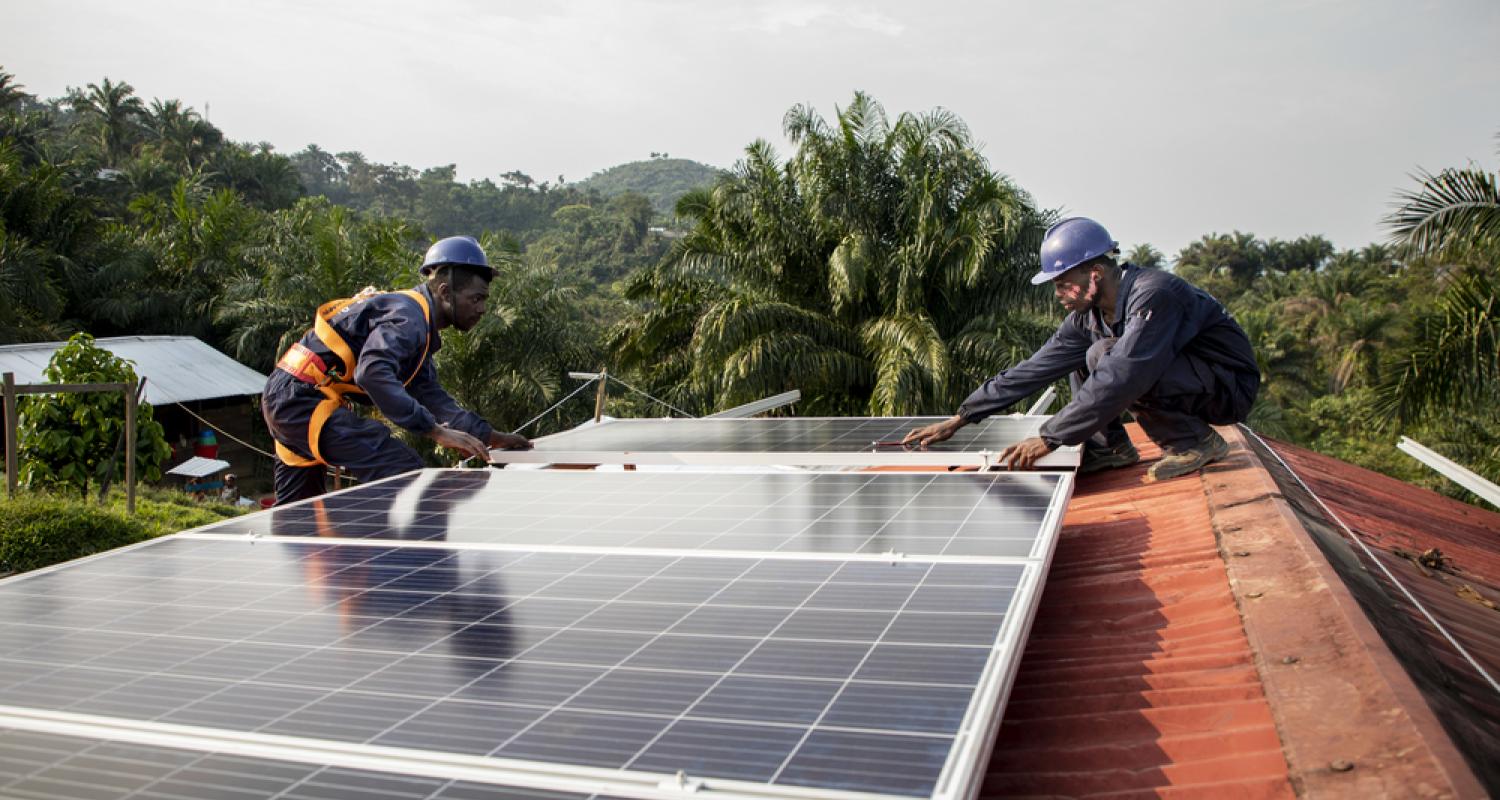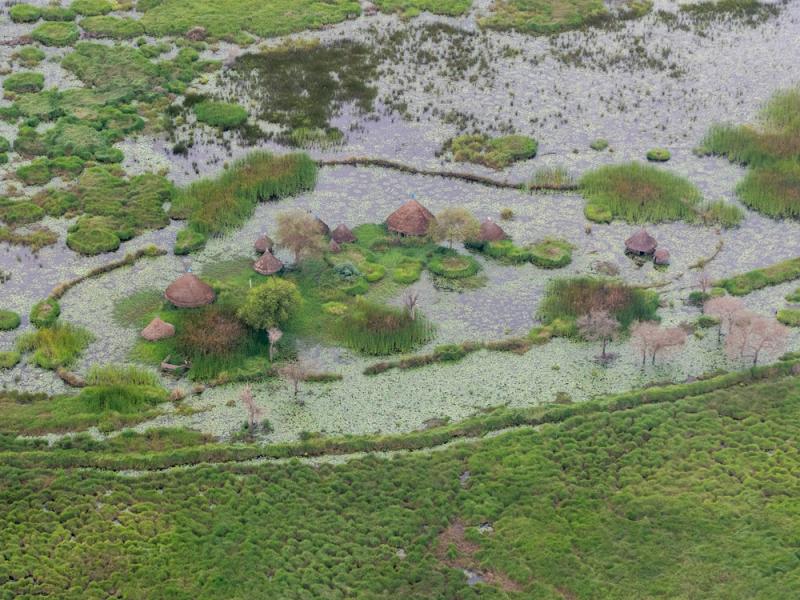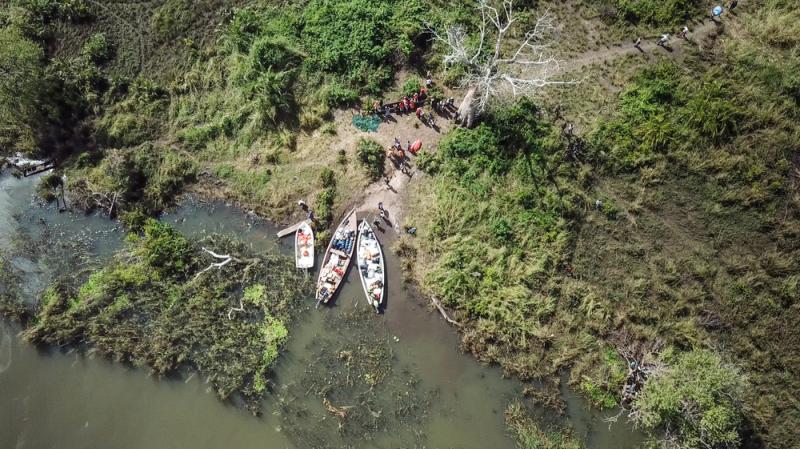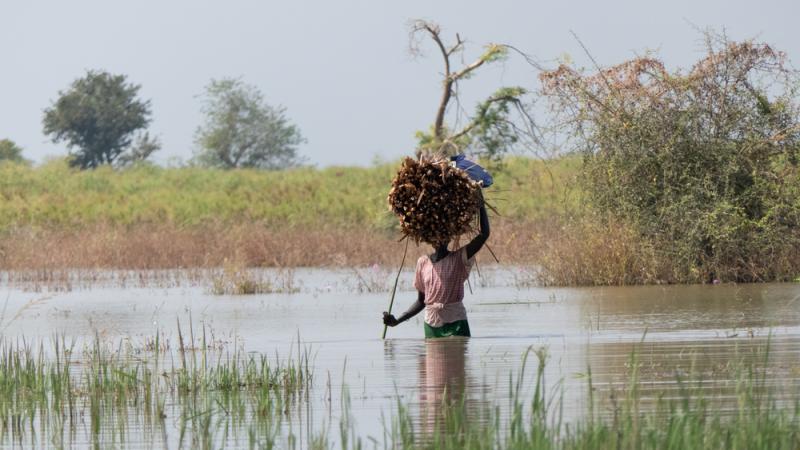In multiple countries where Doctors Without Borders works, our teams are responding to situations that are linked to or aggravated by climate and environmental change. But that's not enough. So what else are we doing?
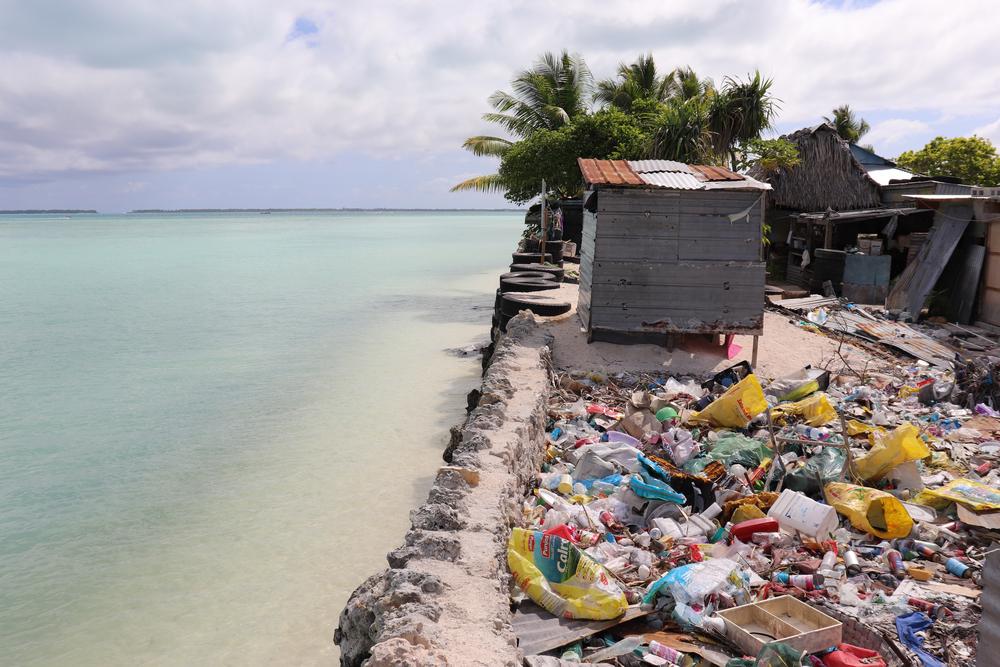
Everything is imported in Kiribati, but there’s nowhere for the rubbish to go. This is one of the reasons fresh groundwater supplies are becoming polluted. Waste management is a challenge, people dump rubbish and leave cars and appliances to rust along beaches. 2022 © Joanne Lillie/MSF
Reducing our carbon footprint
In late 2020, the highest-ranking Doctors Without Borders bodies – including the International Board – signed The Environmental Pact. The pact is a recognition of the environmental impact of our humanitarian duties – which is still essential to carrying out our work – yet is also a commitment to adapt our activities to significantly reduce our carbon footprint. In 2022, we pledged to reduce our emissions by at least 50 per cent compared to 2019 levels by 2030. Measures to achieve this are now incorporated in all main Doctors Without Borders entities’ strategic or action plans.
Avoiding and reducing waste
We are working to ensure an efficient and socially responsible supply chain, in order to reduce, reuse and recycle medical materials and equipment. For example, in Uganda, we have a project that aims to replace the millions of plastic bags we use each year to distribute medicines, with ecologically sustainable bags using local resources made by local communities. We are also reducing medical waste in our hospitals and clinics, including exploring options to move away from single-use products where appropriate.
Solar power
We are developing new energy solutions, such as using solar panels to power some of our medical activities, showing that a shift to environmentally responsible practices is possible even in low resource settings. In Kenema, Sierra Leone, we are powering a 182-bed hospital with solar panels, providing energy to an inpatient unit, laboratory, imaging suite, blood bank, emergency room, and a maternity ward. Not only is this reducing our carbon emissions, but we are also saving approximately €40,000 on diesel per year. We also support three solar-powered hospitals in remote areas of Democratic Republic of Congo.
